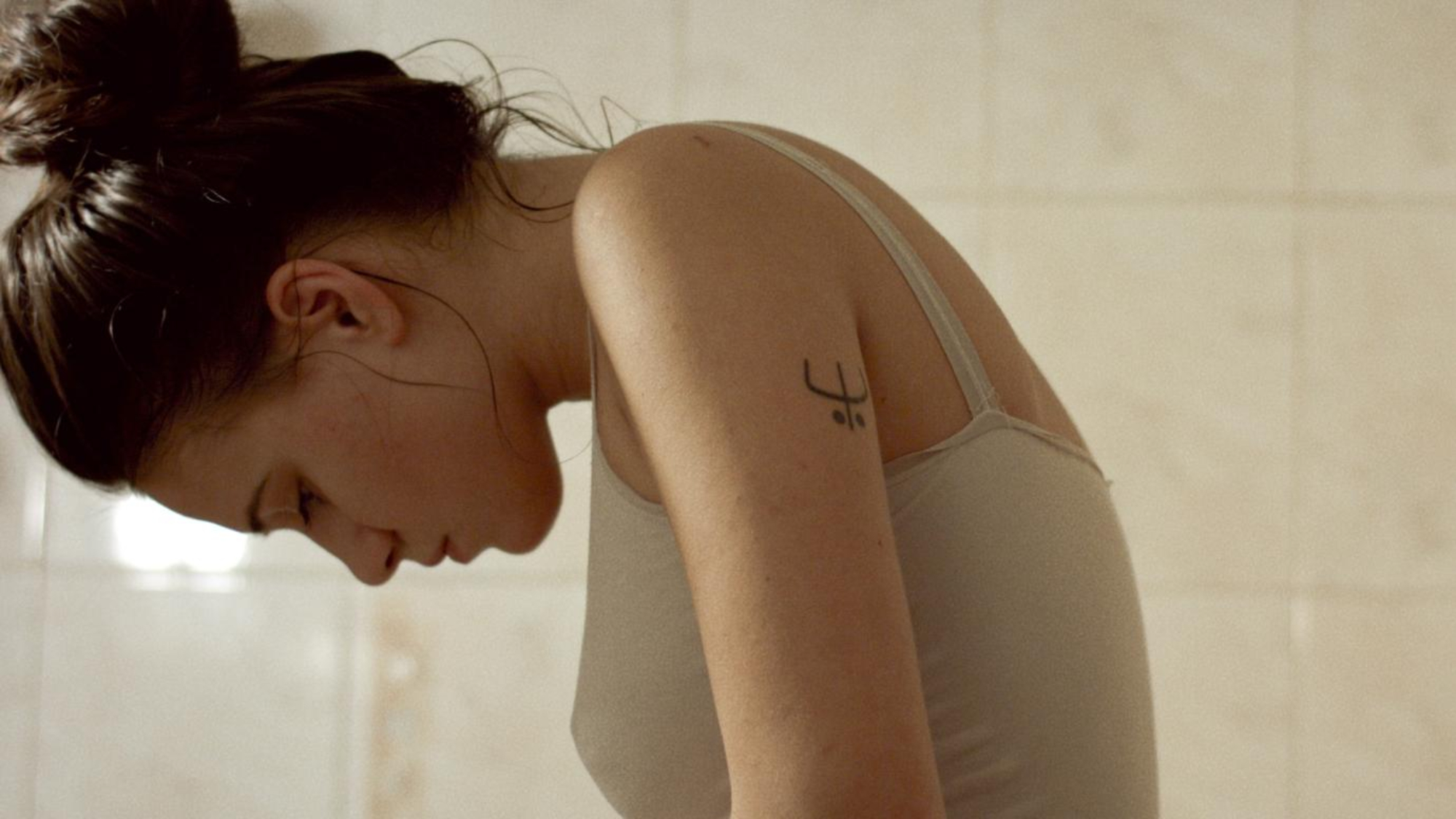‘Women Do Cry’: Movie Review [SXSW 2022]: A Touching Story About Generational Womanhood Mishandles the HIV Discourse
Women Do Cry offers an intriguing piece of social commentary involving Bulgarian society. Writer/directors Mina Mileva and Vesela Kazakova construct a fascinating world, but the film stretches itself a bit too thin across its large cast of characters. Women Do Cry has a tenderness to it that deteriorates under its haphazard approach to HIV and the LGBTQ community.
‘Women Do Cry’ tells the stories of a family of women

Sonja (Maria Bakalova) is a young woman in Bulgaria who discovers that she has HIV soon after having sex with a man. With nowhere else to turn, she reaches out to her sister, Lora (Ralitsa Stoyanova), for help. However, their volatile relationship further alienates Sonja, as she tries to make sense of what her future will look like in this society.
Women Do Cry explores the women of Sonja’s family, although they each wrestle with their own personal demons. They relate back to modern Bulgarian society, which exhibits misogyny, homophobia, and various other forms of prejudice. However, this provides each of their journeys with difficulties that stand in the way of their happiness. However, they must learn to rely on one another to make it through.
Writer/directors Vesela Kazakova and Mina Mileva use HIV as a plot device
Women Do Cry is a film about generational womanhood within a family. Sonja and Lora’s sisterhood is at the core. They often disagree about many of their hardships, but they do care for one another. The rest of the family calls Sonja’s mother a failure and blames her for Sonja and Lora’s missteps in life. All of the women ultimately try to appease the patriarch, often defining their womanhood.
The screenplay regularly criticizes gender norms and expectations. The characters discuss what composes a “normal” family life, as Lora works in construction to help support the family. The balance between family and career for these women is constantly up for debate. However, a social movement looms in the background on television screens to push for change on the gender front.
Kazakova and Mileva deliver two different perspectives on female sexuality between Sonja and Lora. Women Do Cry explores other dichotomies regarding healing via religious and medical ways. Their journey has further contrast in the rural and city ways of life. However, this includes the unfortunate inclusion of making HIV a plot device, rather than an organic part of her story.
‘Women Do Cry’ doesn’t do enough to separate itself from the toxic HIV discourse
Perhaps the biggest downfall of Women Do Cry is its toxic perspective on the HIV discourse. Unfortunately, the film doesn’t do enough to separate itself from the outdated and inaccurate notion that HIV is directly linked to gay men. Women Do Cry fills itself with slurs aimed toward LGBTQ folks, demonizing the community as the cause for Sonja’s situation.
Kazakova and Mileva’s screenplay packs a lot of characterization within its rather short runtime. As a result, some of these women aren’t entirely fleshed out. Their personal demons are reduced to single moments, rather than necessarily connecting to the greater narrative at play. However, that isn’t to say that there aren’t warmhearted moments of female strength that make for characters the audience does ultimately care about.
Bakalova turns in a wonderful dramatic performance filled with peaks and valleys. Unfortunately, she isn’t able to save the film from over-simplified supporting characters and the ways it makes HIV a plot device within the context of a toxic discourse. Women Do Cry is uneven and derogatory storytelling that sets LGBTQ narratives back several decades.


